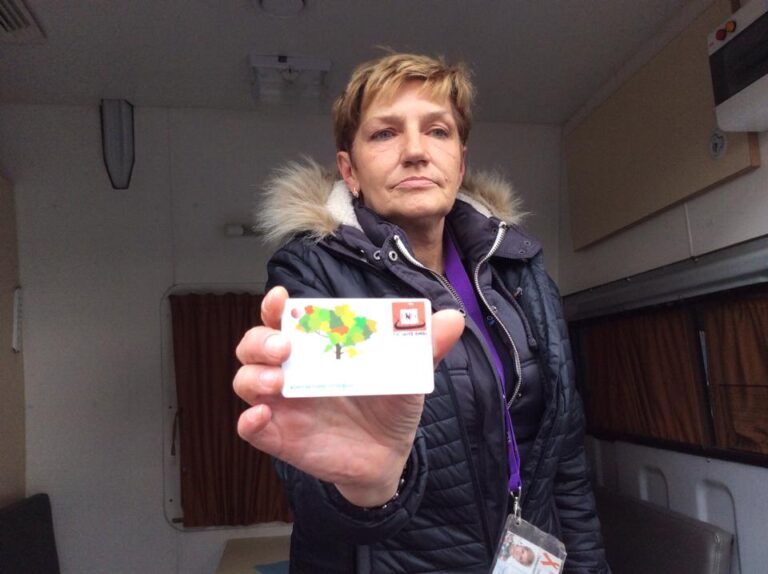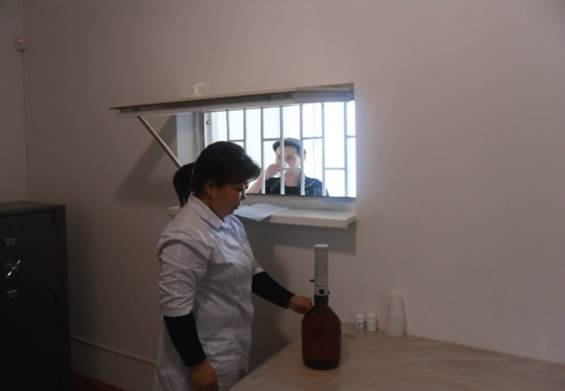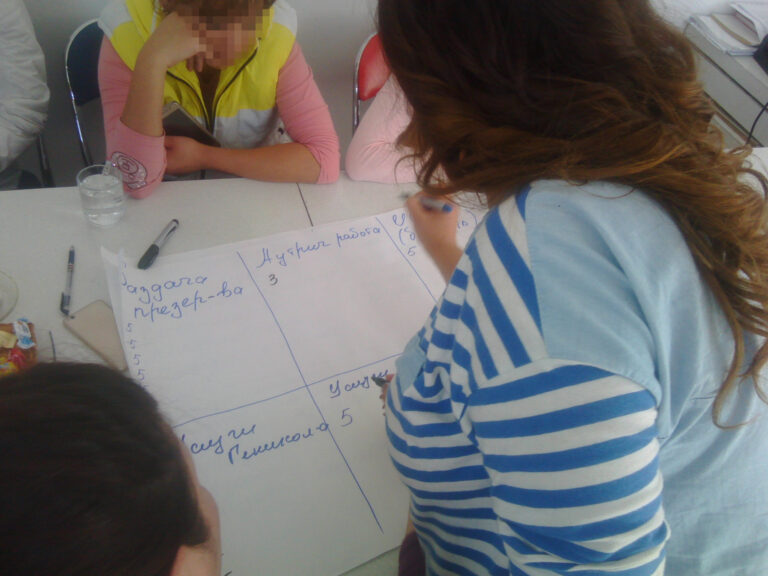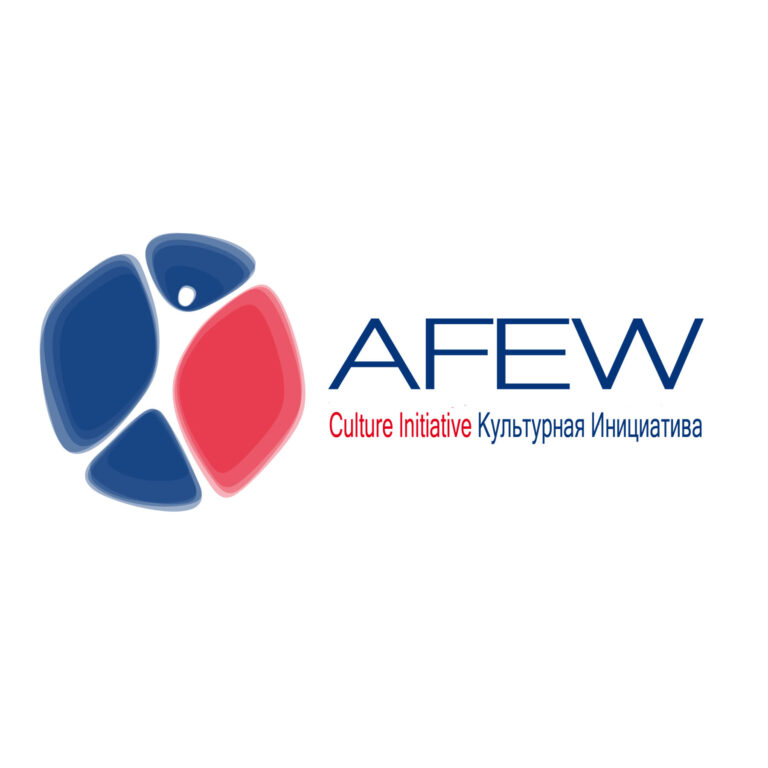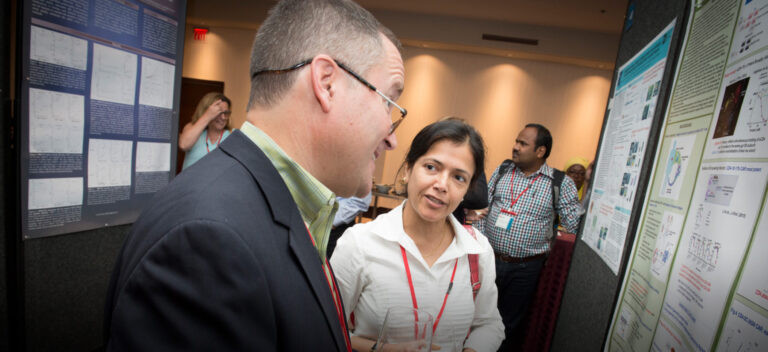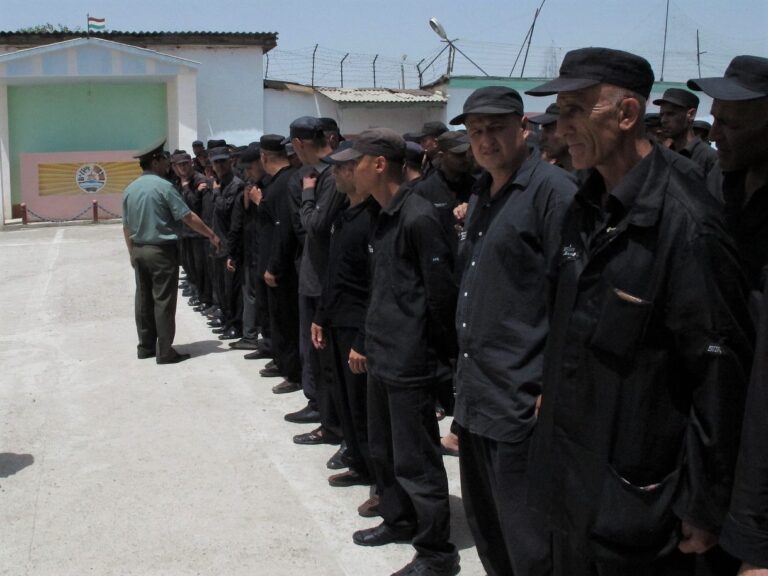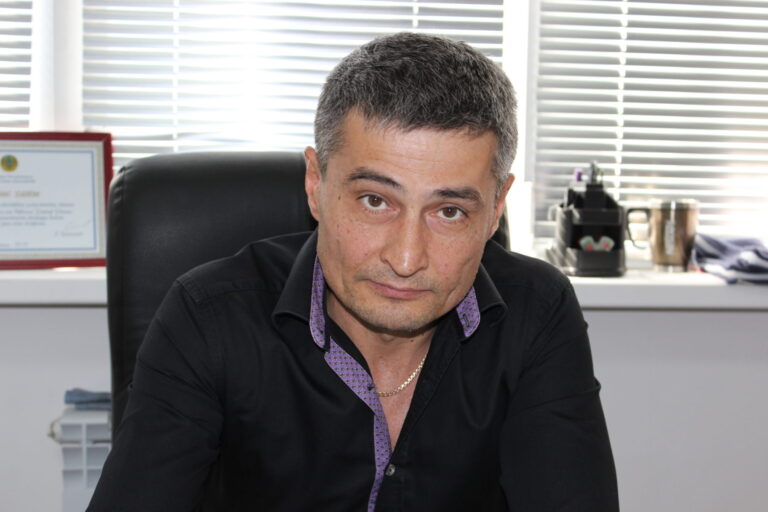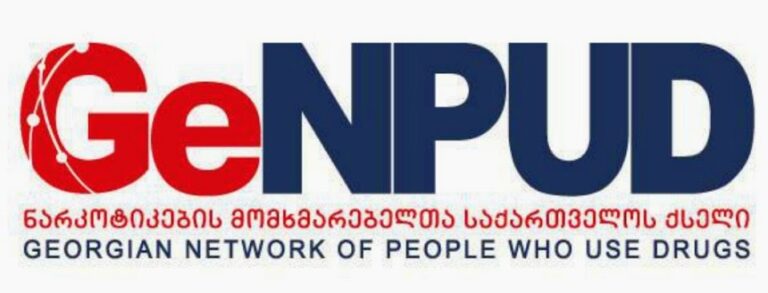
On the Barricades of Harm Reduction in Georgia
In Georgia, there are not many organisations working with people who use drugs to improve their health and re-integrate them into the society. New Vector is the first self-organisation of drug users not only in Georgia, but also in the South Caucasus. Since 2006, its activists openly oppose the repressive drug policy, fight for the rights of people who use drugs (PWUD), and search for the innovative approaches to resolve health problems. The main goal of the New Vector is to provide harm reduction services and advocate for the health and social programmes, which are vital for people who use drugs.


